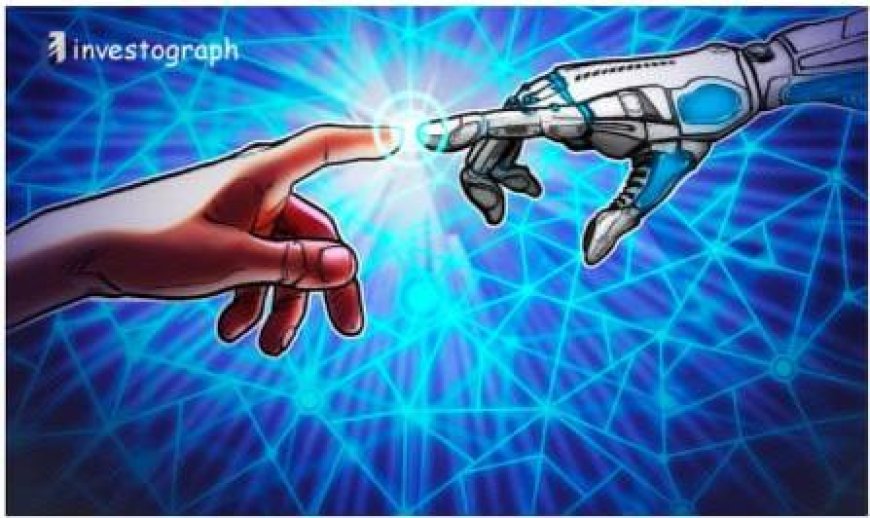The combination of blockchain and artificial intelligence (AI) has the potential to facilitate research aimed at extending human lifespan.
Jasmine Smith, the CEO of the Web3-based wellness app Rejuve.AI, emphasized that decentralized and AI-driven healthcare platforms are not designed to supplant doctors and healthcare professionals but rather to assist and augment their efforts.

Blockchain and artificial intelligence (AI) have been synonymous with transforming how identity and verification are perceived. In between these innovations lies data, often described as the new "oil" – extracted, accumulated, refined, processed, and transformed into something valuable.
While most use cases involving blockchain and AI remain in experimental stages with unmeasured success, a burgeoning application leverages users' personal data to contribute to research on extending human life.
During an interview at the recent Cardano Summit, Jasmine Smith, the CEO of the Web3-based wellness app Rejuve.AI, explained that harnessing data from various sources accelerates longevity research. She pointed out that existing core datasets primarily focus on Western populations. She stated:
"The ability to democratize access and fill data gaps in regions like Africa, Asia, and the Middle East will provide a more comprehensive understanding of human health and longevity. This will enable us to offer better recommendations and support healthcare."
Smith emphasized that such initiatives are not meant to replace doctors and healthcare professionals but rather to assist them in their work. She added:
"Open source development consistently leads to better AI algorithms. We also have a section where individuals can contribute to our AI platform, creating multiresolution simulations based on different factors."
Rejuve.AI functions as a decentralized longevity research network, where users can offer their personal health data for aging science studies in exchange for rewards in the form of tokens. These tokens can be used for other products and services within the platform. Smith noted that the data collected from users will be utilized to develop advanced testing kits, such as genome sequencing, DNA methylation, and biological age tests – products that might otherwise be inaccessible to the average person.
Regarding concerns that such an initiative might trivialize the significance of longevity research, Smith argued that people naturally appreciate being rewarded. She stated:
"I think everyone wants to receive something in return for what they contribute, especially when it involves health data. We wear smartwatches and rings, and while we might get some interesting graphs in the app, we're not actually being compensated."
She underscored the power of Web3, emphasizing that the research outcomes extend far beyond the token itself.
In response to questions about the philosophical debates and unintended societal consequences related to extending human life, Smith clarified that the project is not compelling anyone to "live beyond 100." She explained:
"It's more about pushing the boundaries of science and technology to create something not just for the wealthy but for anyone who has the drive and motivation to extend their lives. It's also not about imposing that motivation on those who don't already possess it."
Smith expressed her belief that AI will not completely replace humans. Instead, it will simplify their tasks and provide them with a more immediate and detailed insight into an individual's unique value. She said:
"AI can undoubtedly streamline workflows, facilitate tracking, and connect individuals more closely to their data contributions and the benefits that result from directing their data toward various initiatives and products."







